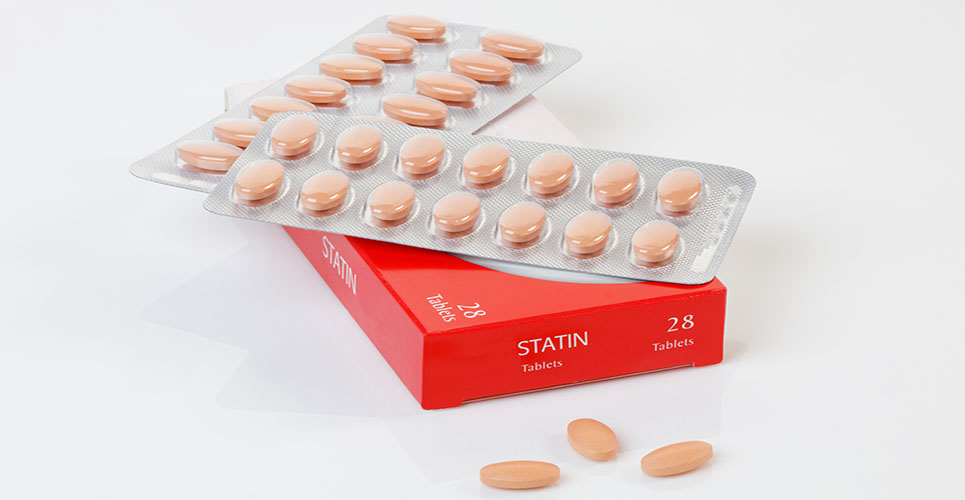teaser
Analysis of published trials comparing a statin with another active drug suggests industry-sponsored trials are more likely to favour the test drug, even if the study is apparently well-designed.
The authors note that there is already evidence that published industry-sponsored trials are more likely to report superiority of a test drug against placebo, but that there is less information on the situation with drug-drug trials.
They therefore carried out a cross-sectional study of published randomised controlled trials where a statin was compared with another lipid-lowering drug, whether statin or not, to determine whether there was any association between funding source and results.
A total of 192 published trials were located for the comparison, and data on a range of factors including funding source and author conclusions extracted from each. This was then analysed for associations between different variables and favourable results and conclusions.
Of the total, 50% were industry-funded and 37% did not disclose a funding source. Almost all (98%) used surrogate outcome measures and many had design weaknesses (eg inadequate blinding, no allocation concealment and poor follow-up).
Overall, 49% of conclusions favoured the test drug, 36% concluded they were about equal, and 15% favoured the comparator drug. Analysis also indicated that adequately blinded trials were less likely to report results favourable to the study drug. Trials funded by industry were much more likely to report results and conclusions favourable to the test drug.
The authors conclude that industry-funded randomised controlled trials of statins are more likely to favour the sponsor’s drug, and that this bias should be considered when making decisions on drug choice. They discuss possible explanations, including choice of non-equivalent doses, publication bias, selective outcome reporting, and generation of multiple reports from the same positive study.
PLoS Med 4(6):e184

